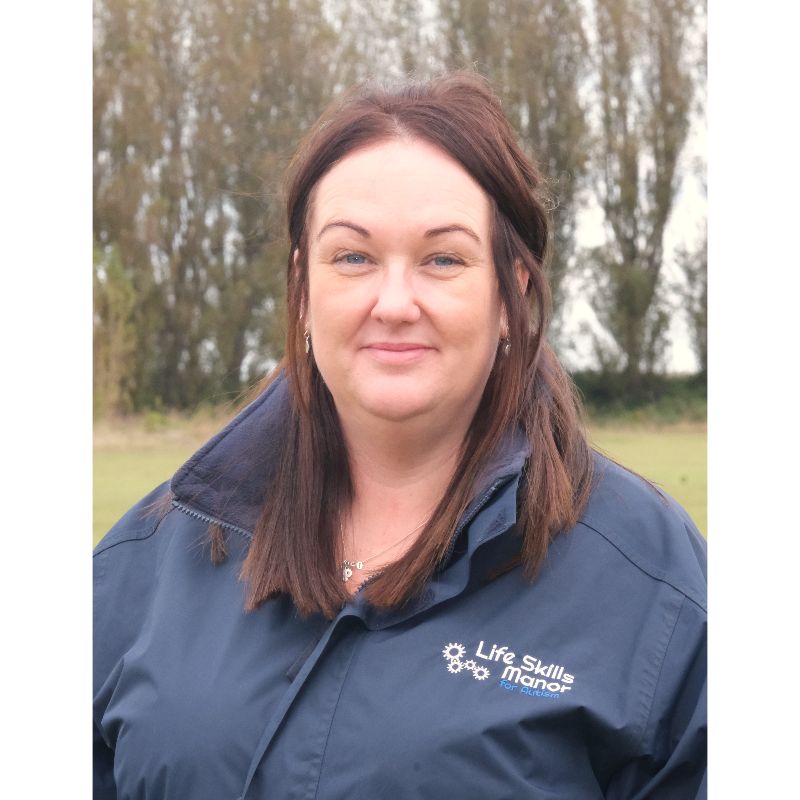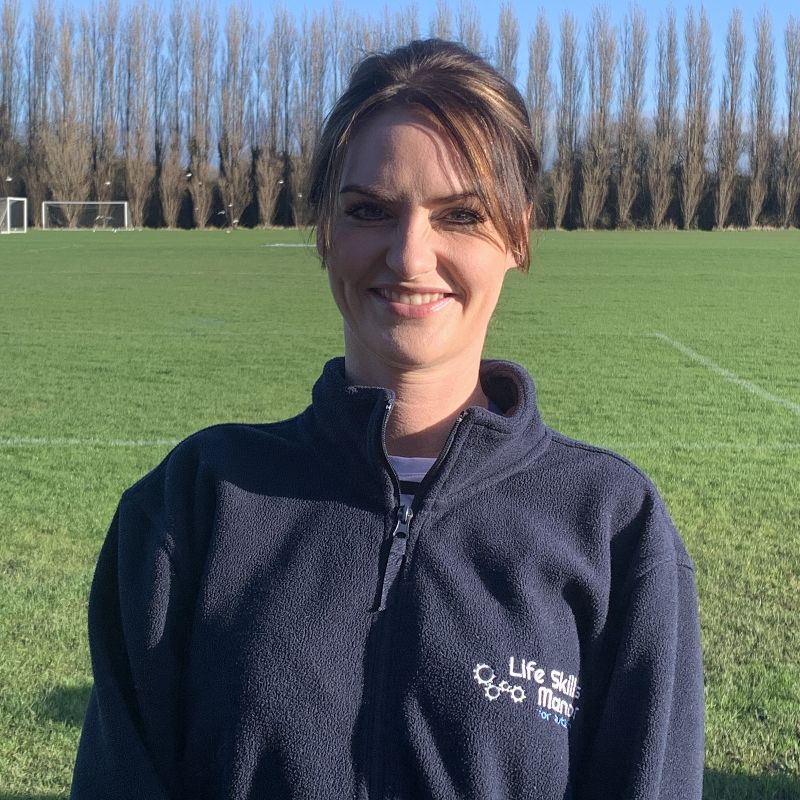
Thrive is a targeted social and emotional wellbeing intervention. Thrive uses the latest research in neuroscience, attachment research and child development studies to support young people’s mental health and wellbeing.
Whole school screening takes place every full term, this enables us to identify young people in need of 1:1 intervention and support their social and emotional needs. Our whole school approach allows us to deliver whole class targeted sessions to end each day in a positive way.


Licenced Adolescent and Early Years Practitioner

Licenced Family Thrive Practitioner

Licenced Leadership
Thrives Ambassador School scheme has been launched as a way of recognising excellence in the way schools use Thrive to promote positive mental wellbeing.
At LSM we are proud to have achieved all five ambassador awards making us a Thrive school of Excellence. We are one of only four schools in the Southeast of England to have achieved this prestigious recognition.

For more information about the Thrive approach visit the website on the link www.thriveapproach.co.uk.